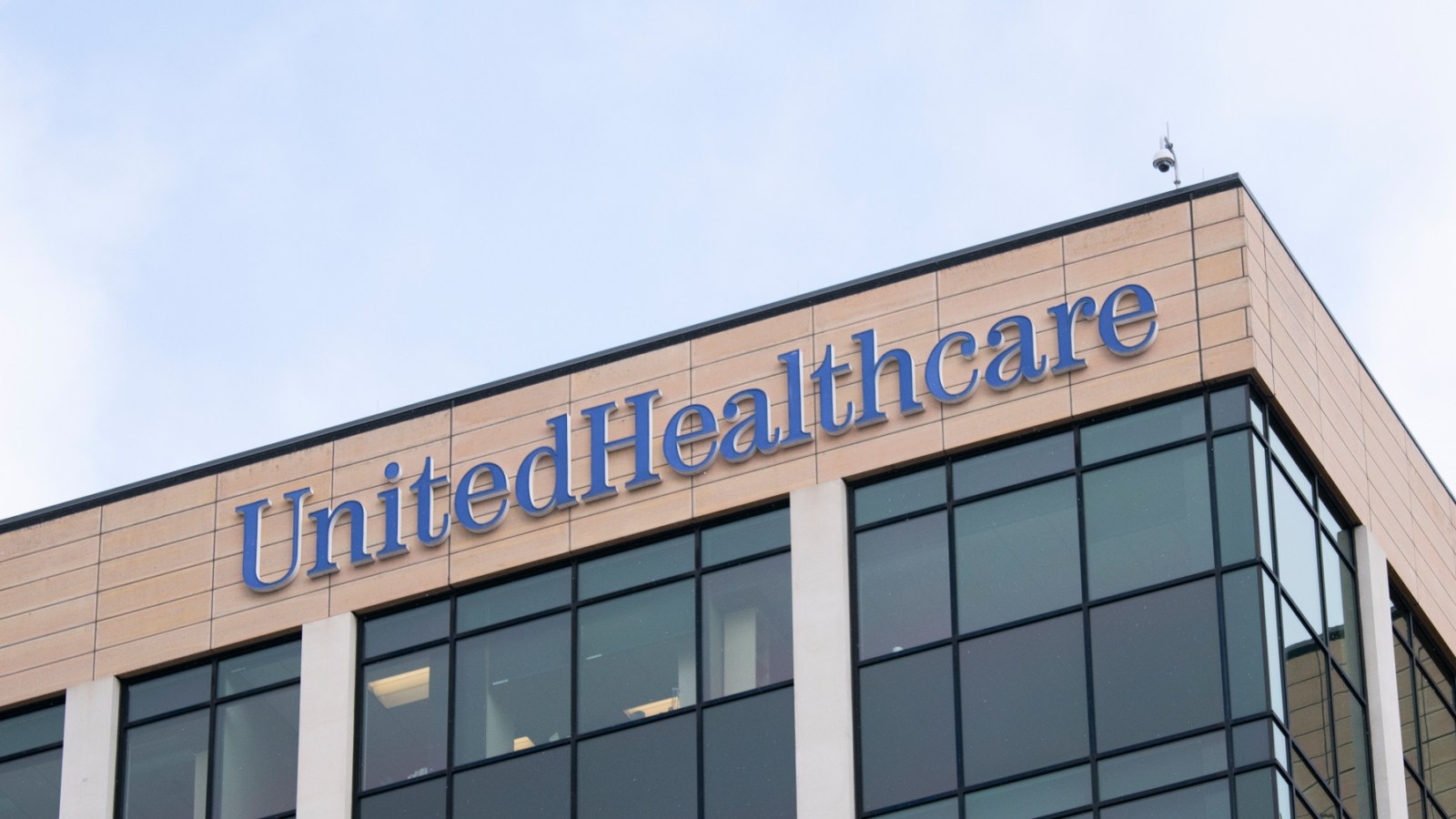Many Americans Blame Insurance Profits and Claim Denials for CEO Killing: Poll
Most Americans think that health insurance profits and claim denials played a role in the murder of UnitedHealthcare CEO Brian Thompson, according to a new survey by NORC at the University of Chicago. Since his killing on December 4, social media users have repeatedly expressed their anger with the health insurance industry and thirsted over the person charged with the crime, Luigi Mangione.
Evidence suggests that the killer’s motive was related to the health insurance industry. According to law enforcement, the words “delay,” “deny” and “depose” were written on ammunition from the crime scene. These words appear to be a reference to the health insurance industry’s playbook to avoid paying for health care — “delay, deny, defend.”
UnitedHealthcare, the nation’s largest health insurer, made $16 billion in profit last year. As Rolling Stone recently noted, the company helps explains why America’s health care system is unusually expensive and produces poor outcomes. Corporate parent UnitedHealth Group is the fourth-largest company in America by revenue. UnitedHealth is an insurer, a major health care provider, and a middleman between patients and pharmacies. It also offers its allegedly very faulty AI claims-handling software to other insurers.
The NORC poll finds a staggering percentage of Americans attributed Thompson’s death, at least in part, to the health insurance industry’s business practices. Sixty-nine percent said that denials for health care coverage by health insurance companies bear a “great deal” or a “moderate amount” of responsibility for Thompson’s killing. Sixty-seven percent said profits made by health insurance companies played a great or a moderate role in his killing.
More broadly, about half of Americans said that wealth inequality played a great or moderate role in his killing. (Thompson made $10.2 million annually.) Younger Americans, according to the Associated Press, were more likely to believe that multiple factors contributed to his killing.
Somehow, the poll found a significant number of Americans think the killer played no role at all in Thompson’s murder: 11 percent said that the individual who committed the killing played no role at all in the murder, while 9 percent said “a little.” However, 78 percent said that the shooter played a great deal or a moderate amount in the killing.
Some respondents reported having negative experiences with health insurance themselves. Fifteen percent of Americans said they had had a claim denied by an insurance company in the past year. Sixteen percent said they had a problem finding a suitable provider within the insurance company’s network. Respondents reported similar numbers for friends and family.
Among those who reported having issues with their health insurance, 43 percent said they had to pay for some or all of the related health care costs, 28 percent said they were unable to receive recommended care, and 39 percent said the issue had not yet been resolved. Seven percent had no health insurance at all, which makes it even more difficult for people to receive necessary medical care.
The poll, conducted between December 12-16, was based on interviews with 1,001 adults across the country from a variety of economic backgrounds.
In the weeks since Thompson’s killing, the conversation around health care reform has been reinvigorated. Patients, as well as their friends and families, have voiced their frustration about the costs of health care, their claims being denied, and having difficulty finding a provider within their insurance networks.
